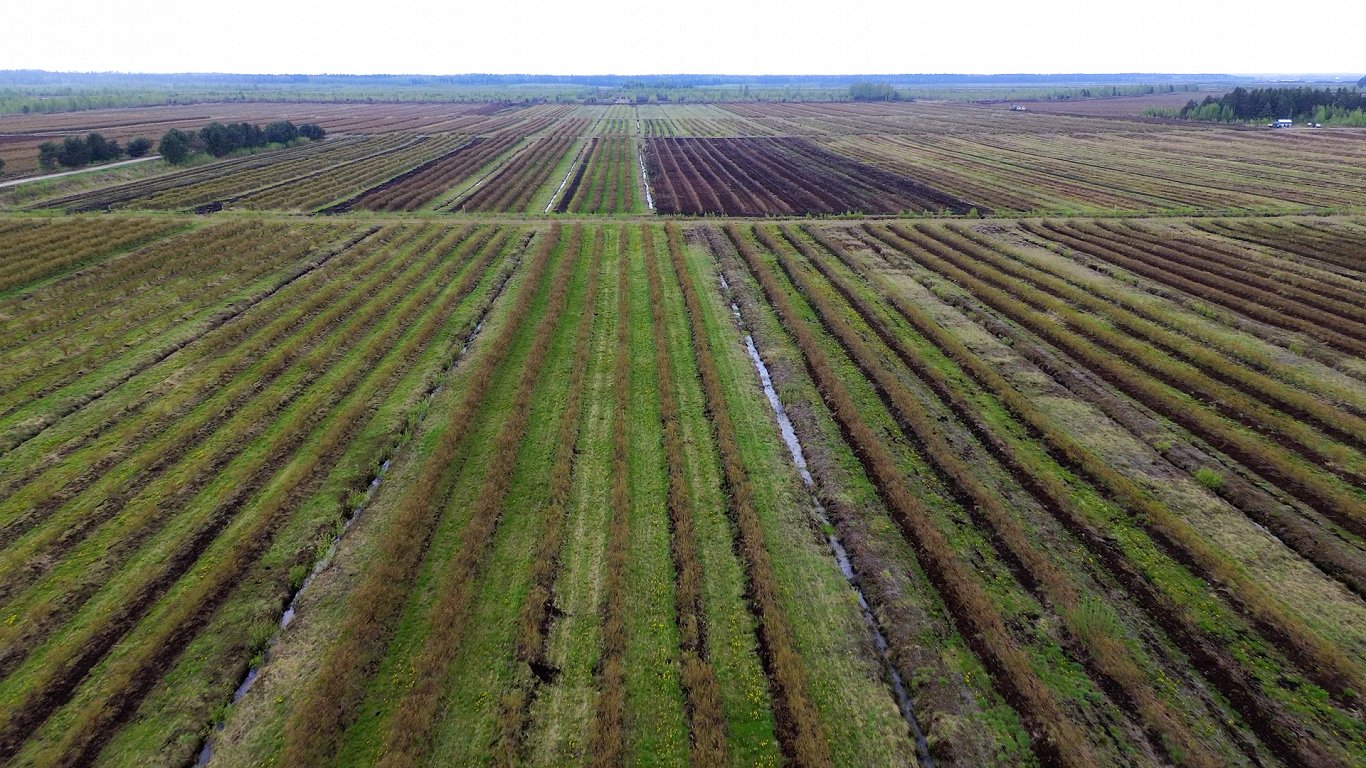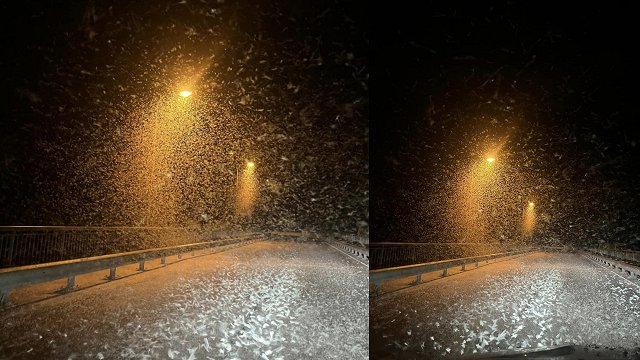Currently, there is a prolonged drought in many places, while earlier in the year damage was caused late spring frosts.
Arable farmers are currently most concerned about the lack of rain, while conversely, fruit growers are concerned about the risks of hail during thunderstorms, which falls outside their insurance coverage if crops are damaged.
Matīss Pāvelsons, a farmer in Ziru Parish, Ventspils Region, says that, despite the risks of hail, he is especially waiting for longer rains on his arable farm, because so far storms have not passed by this area. The farmer says that some of the winter rapeseeds on the farm are changing color and the pods are falling off, in some fields the winter wheat crops have almost burned up in the sand, and the last sown summer crops have not sprouted at all.
"We just need the rain. There was a bit last week, but it was [not sufficient]. It's so hot that the ground gives up moisture quickly," said Pāvelsons.
"I have certain regions on the farm where the soil is sandy, and in those fields already 40% of the winter wheat has died. It's already starting to hit my pocket slowly, so maybe I'd even like to risk it and it's better that a storm comes... Overall, the crops have survived well, so rain is needed at the moment so that what has survived does not perish," says the farmer.
At the same time, he concludes that for the time being the situation is better than last year, when at this time half of the area on his farm had already dried up, but still, comparing the seasons, this year, along with drought, there is also more intense heat. However, the farm is insured against drought, which is a cushion against losses.
Although fruit and berry gardens are expected to have good harvests in most regions of Latvia this year, it is still a particularly sensitive sector, says Māra Rudzāte, head of the Latvian Fruit Growers Association. She believes that this year the first spring frosts were gentler and the apple trees had not yet started to bloom, but the cherries and plums suffered a little. On the other hand, later, stronger frosts affected the east of Vidzeme and also farms in the Latgale region, where fruit growers incurred losses when the temperature dropped to minus 8 degrees in places.
"Those people who had anti-frost protection, they still saved their plantations. Because it is extremely important for us that all farms have both anti-frost protection systems and irrigation and at the same time capillary feeding. And in the transitional projects we had good conditions for these measures, but all people didn't get in because the competition was big and most of them still had to do it.
"Currently, we have the threat of hail. It is horiffic! Well, the only thing that would help is insurance, but at the moment we don't even know of any suitable scheme for us," says Rudzāte.
Farmer Mārtiņš Trons, a representative of the "Farmers Parliament", describes the situation in the Latgale region, where the last significant rainfall in the region was only at the end of April.
"Also in the Latgale region, a significant drought is felt, it would not be felt so much if the temperature was not so high. Even today, when we drive around Latgale, we see that many farms have sown summer plants, but they have not sprouted. Also, I just looked meteorological data, for example, only 13% of the monthly norm has rained in Rēzekne, 41% in Daugavpils, so it has rained less than it should have. I would really like to believe that what has rained in the last few days, that maybe it will make some positive contribution," says Trons.
The coming weeks and the amount of precipitation will be decisive, but at the same time Trons also points out that summer crops are generally a riskier crop and it is important to insure these crops against drought.























